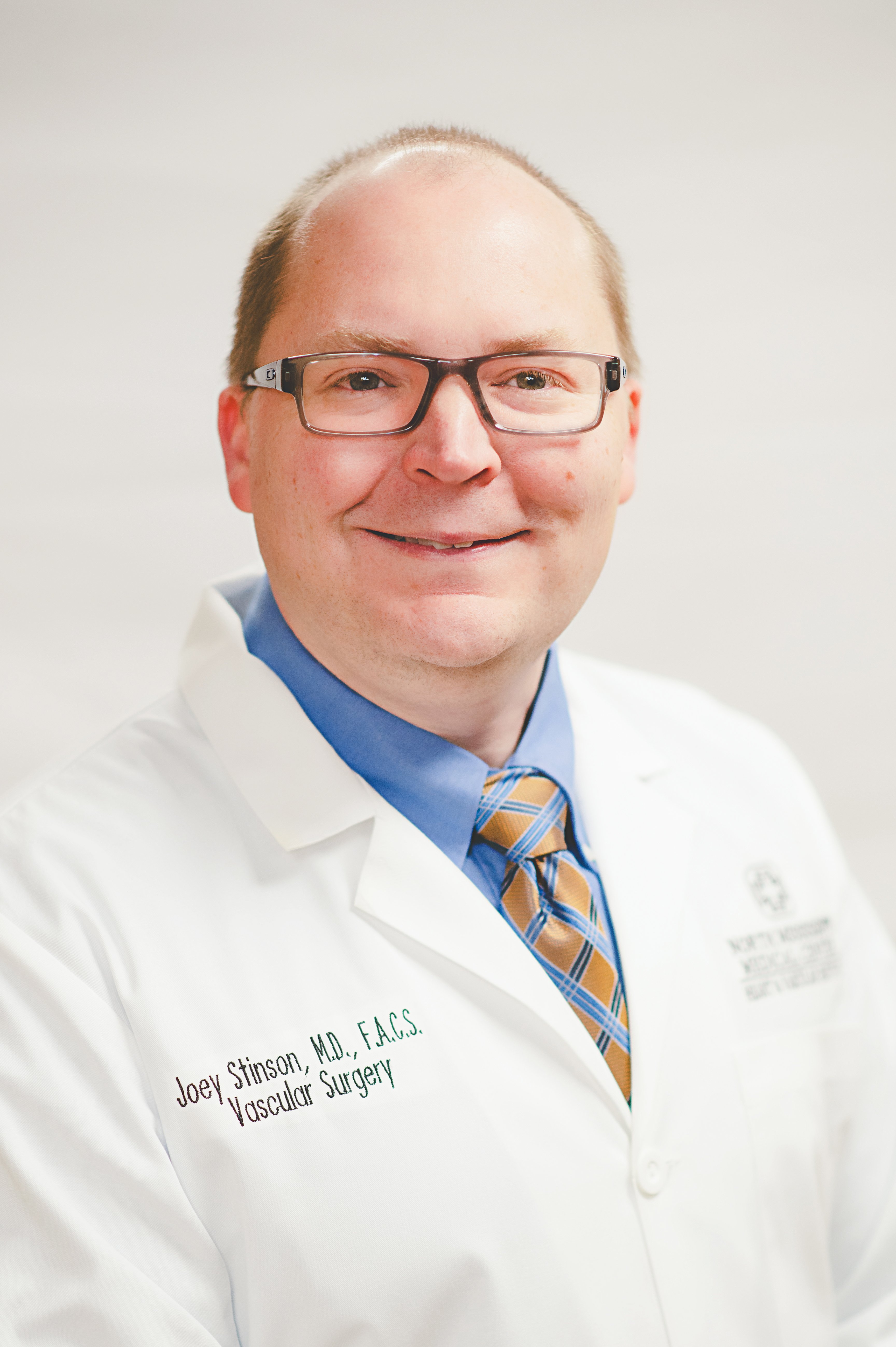



Summary
The sooner you can establish your vascular care with a vascular surgeon, the better your long-term outcome will be.
- What is a vascular surgeon? A vascular surgeon is a surgeon who has completed specialized training to treat all blood vessels in the body except in the heart and brain. Some disorders of blood vessels that are commonly treated are atherosclerosis (narrowing or blockages of vessels) and aneurysms (weakening of the walls of blood vessels that balloon out, which can lead to rupture and death). Vascular surgeons are the only specialties in medicine that can both diagnose and treat vascular disease using all available options.
- What specialized training does a vascular surgeon have? Vascular surgeons complete five years of a general surgery residency after medical school. After residency, they apply and must be accepted into a vascular surgery fellowship. A fellowship is two additional years where the surgeon learns exclusively about vascular disease and treatment options. Once fellowship is completed, one must pass the vascular surgery board examinations, which include both a written and oral component. The written exam tests knowledge of vascular surgery, and the oral exam is an in-person exam to test the surgeon’s safety and critical thinking skills. After passing all exams, the surgeon is a board-certified vascular surgeon.
- Why should I see a vascular surgeon? With many physicians offering vascular services (including cardiologists, radiologists, cardiothoracic surgeons and general surgeons), it can be confusing for patients. While these other specialties can provide vascular care, vascular surgeons specialize in comprehensive vascular care. A vascular surgeon can discuss all treatment options with you to help you make the most informed decision on your care. The best auto mechanic in the world would not be the person you would want to do the plumbing in your house. Health care should be no different—pick the best specialist for the job.
- What is “comprehensive” vascular care? Treatment of vascular disease ranges from noninvasive to invasive. Noninvasive care includes medications and lifestyle modification. Medications such as aspirin and statins will prevent clots from forming on plaque and stabilize plaque, respectively. Lifestyle modifications include smoking cessation and exercise. Invasive procedures range from stents to open surgical bypasses. A fellowship trained vascular surgeon is an expert in all invasive and noninvasive treatment options for vascular disease. The sooner you can establish your vascular care with a vascular surgeon, the better your long-term outcome will be.
- Where can I find a board-certified vascular surgeon? Vascular surgeons are in high demand nationwide, but North Mississippi Medical Center has the only two fellowship trained, board-certified vascular surgeons in north Mississippi. Patients would need to travel to larger cities to find the same level of care that is provided here. The Society for Vascular Surgery has a search option to help you find board-certified vascular surgeons near you on their website.
To see if you might be at risk for vascular disease, take this simple risk assessment.


Joey Stinson, MD
Dr. Joey Stinson is a vascular surgeon with Cardiothoracic and Vascular Surgery Clinic. A native of Opelika, Alabama, Dr. Stinson relocated to Tupelo for an opportunity to build a top-notch vascular program in 2015, shortly after completing a vascular surgery fellowship at the University of Mississippi Medical Center in Jackson. He has a special interest in carotid disease, abdominal aortic aneurysmal disease and peripheral vascular disease.
For an appointment with a heart or vascular specialist, call 1-800-THE DESK (1-800-843-3375).

Subscribe to Our Newsletter
Like this content and want to get more? Sign up for True North, the health and wellness newsletter from North Mississippi Health Services!

Subscribe to Our Newsletter
Like this content and want to get more? Sign up for True North, the health and wellness newsletter from North Mississippi Health Services!

Nurse Link®
Call 1-800-882-6274 anytime to speak directly to a registered nurse and get immediate answers. Using computerized medical protocols, nurses direct callers to the most appropriate medical treatment. Our nurses are available 24 hours per day, seven days per week.